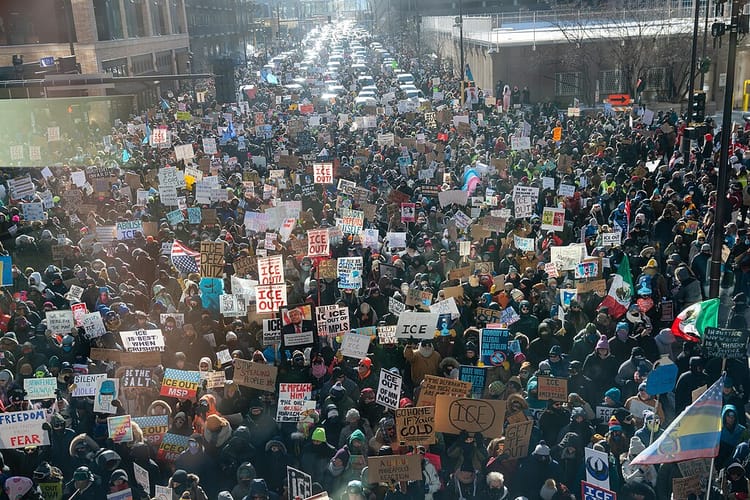Damages: Climate Litigation Surges Forward

Lots of big news on the climate litigation front lately. This week alone we've seen two big rulings (and it's only Tuesday!): the Rhode Island case gets to stay in state court and the Massachusetts fraud case will move forward.
The fossil fuel industry is 0 for 4 on jurisdictional arguments so far this year. The Rhode Island decision marks the 4th in as many months to affirm the plaintiffs' rights to have the cases heard in state court. Earlier rulings kept California, Baltimore, and Hawaii cases in state court. For those who don't know, the jurisdictional issue has held these cases up for the past couple of years, with oil companies arguing that climate liability cases belong in federal court where they hope they'll have a better chance, given that in some early cases federal courts ruled that the Clean Air Act preempted climate liability claims. Not sure how that argument would hold up in a world in which their other pet project—overturning Massachusetts v EPA—was successful though. If the EPA can't regulate greenhouse gas emissions, because they're not written into the Clean Air Act explicitly, could you still argue preemption?
I mean, hell, they're arguing that fraud is free speech so who knows. On that front, though, the Massachusetts Supreme Court ruled today that argument is not enough to stop the case from moving forward. ExxonMobil's special motion to dismiss, its final attempt to get this cased tossed, argued that the company’s public statements on climate policy should be considered as "petitioning speech," or political opinion, not commercial speech, and thus protected by the First Amendment. The company also invoked the state's anti-SLAPP statutes, claiming the AG's suit against it is the exact sort of "strategic litigation" anti-SLAPP laws are meant to prevent. Without ruling on the anti-SLAPP part of the argument, last year a Massachusetts Supreme Court justice ruled that the company's greenwashing campaigns did not constitute "petitioning speech" and denied the motion. Exxon appealed and an appellate panel heard the argument earlier this year.
When asked why they would opt to file an anti-SLAPP complaint rather than just make their First Amendment argument in court, attorney Justin Anderson, a partner with Paul, Weiss, ExxonMobil’s law firm, made it clear that the point was to avoid discovery – the period of time in a civil case when corporations are asked to hand over files and make their executives available for depositions. “The anti-Slapp statute provides a mechanism to have a case that is brought against someone for petitioning activity dismissed at the outset before burdensome discovery is imposed on the party,” he argued.
Well, consider the burden imposed, Justin. Because the previous ruling dealt with the free speech argument, today's ruling stuck to the anti-SLAPP part of the argument, affirming the AG's immunity from such complaints. Which means two things: first, this case should move into discovery; and second, we can absolutely expect Exxon to make a free speech argument if and when it goes to trial.
As I've noted before, this argument builds on the foundation Mobil Oil built for corporate free speech, an effort that began in the late 1960s to protect the company's great marketing innovation: "issue advertising." This isn't news anyone particularly wants to hear, especially given some of the legitimately positive news on the climate litigation front lately, but I fully expect this to become the next Citizens United and will continue to keep a close eye on it.
Meanwhile, the rapid string of rulings against Big Oil on its jurisdictional argument bodes well for the climate liability cases to get moving again as well. It's entirely possible one of them will make it to discovery before the year is out (my bet's on Baltimore), which would open up the possibility of not only more industry documents from ExxonMobil, but also from BP, Chevron, ConocoPhillips, Shell, and more.





